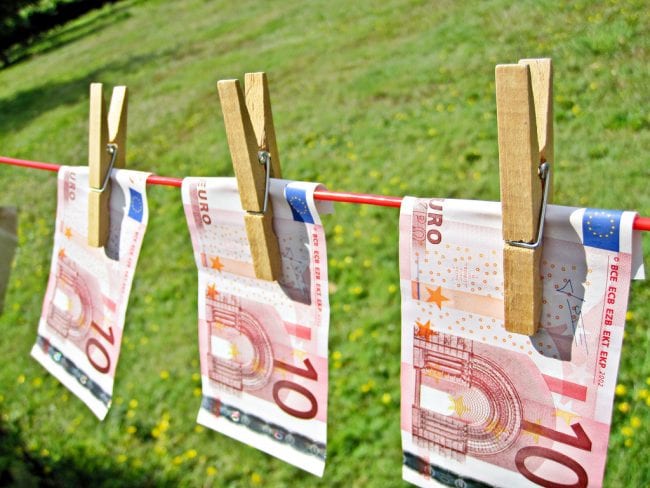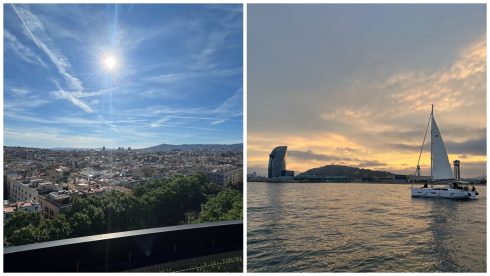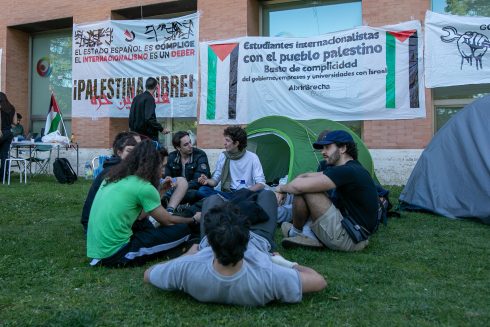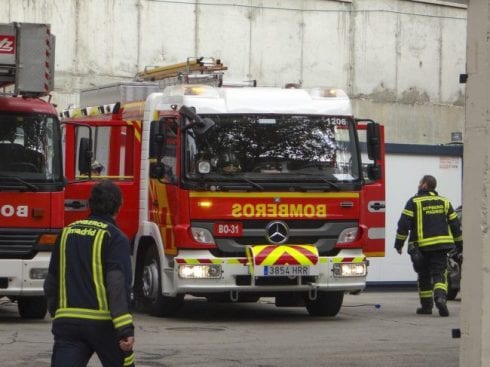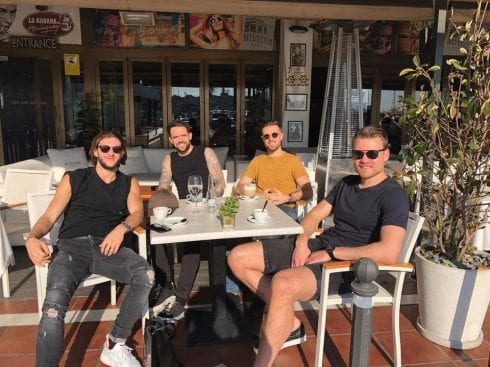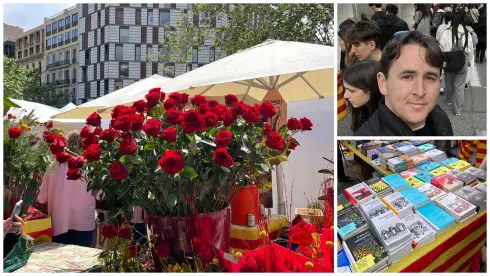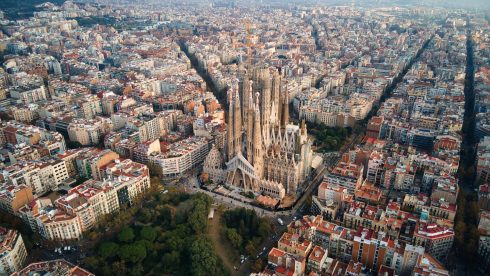WHEN Spain’s first free election took place in 1977 after 41 years of dictatorship, many thought a new dawn had broken.
Spanish politics underwent a dramatic rebirth to bring the country back up to speed with European values of democracy.
But for some, old habits die hard. Political corruption continues to steal the headlines in a country that, unnervingly, remains one of the most tainted in Europe.
In 2017, Spain claimed 41st position in the global rankings of the Corruption Perception Index (CPI), sharing the slot with Brunei and Costa Rica with a total corruption cost of €203 billion.
The CPI generally defines corruption as ‘the misuse of public power for private benefit’.
Here we shine the spotlight on the nine biggest corruption cases to be aware of this year:
Astapa
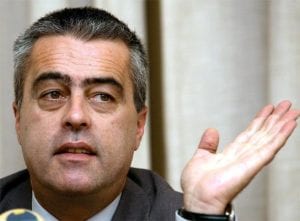
A beast of biblical proportions, former Estepona mayor Antonio Barrientos is allegedly accused of financial irregularities during his tenure between 2003 to 2008. Court documents reveal that, under his stewardship, there were three different accounting systems: one for declared finances; a second for covering donations, sponsorships and other favourable payments; and a third for personal gifts to town hall officials amounting to a fraud of €40 million. Judge Jesus Torres has been running the investigation since 2006 and, within that time, four suspects have died with 94 people under criminal investigation.
ERE
An acronym for ‘expedientes de regulación de empleo’, the trial will examine alleged corrupt practices and embezzlement of funds under the socialist Junta in Andalucia between 2001 to 2010. Among those accused are two former Junta presidents, Manuel Chaves and Jose Antonio Grinan as well as 20 former officials, including six ex-ministers. The case was brought to public attention after irregularities were found concerning the granting of subsidies to struggling businesses to pay redundancy fees and early retirement packages. The case is expected to run for several months in 2018.
Brugal
An investigation that started in 2006 into alleged bribes to public officials worth millions of euros over waste contracts in Orihuela, Alicante that were favourable to millionaire businessman Angel Fenoll. Deliberations will start February 19 with 34 people under the spotlight and counting, including two former PP mayors, José Manuel Medina and Monica Lorente, and seven other councilors from the same party. The prosecutor is asking for a jail sentence of 37 years for Angel Fenoll, 12 years for José Manuel Medina and eight for Monica Lorente.
Cursach
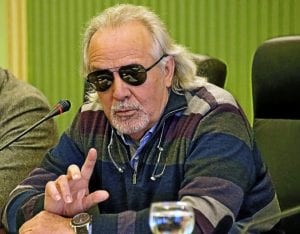
Mallorca’s nightclub king, Bartolome ‘Tolo’ Cursach, spent 33 years allegedly bribing, threatening, coercing and mingling with the islands elite. This all came to an end in February 2017 when he was arrested along with his sidekick, Bartolomé Sbert and charged with 16 counts of corruption, with Tolo himself facing 80 years in jail. It is estimated €300 million went missing in one four-year period as he bought allegiance and paid officials to turn a blind eye to goings-on at his 30 nightclubs which became the island’s go-to temples of fun. The trial continues to roll on, however recently two prostitutes confirmed a ‘Madam’s’ statement that a room in one of his clubs was used for sex-parties to pay-off politicians, so the odds are stacked against him.
Noos
The husband of the Infanta Cristina de Borbón and leader of the non-profit Noos Institute, Inaki Urdanagrin, stands accused of money laundering and embezzling €6 million for sporting events, alongide his business partner Diego Torres. Cristina was cleared of all charges while Urdangarin has been allowed to live in Switzerland so long as he presents himself to Spanish authorities on the first day of every month. The list of those who were paid off continues to grow and, as of 2016, stood at 18 people, among them sports stars and company directors. The case is likely to be appealed to the Supreme court whose final judgement could take months.
Gurtel

Mariano Rajoy became the first sitting prime minister to appear as a witness in a Spanish court when key figures in his Partido Popular were charged with fixing public contracts worth €350 million. The case, which began in 2009, is centred on Francisco Correa, a businessman who enjoyed being called Don Vito in reference to Marlon Brando’s mafia character in The Godfather. He is accused of paying bribes to party officials between 1999 and 2006 in return for being awarded public contracts. His kickbacks-for-contracts scheme involves 37 politicians and business people. The trial resumed at the National Court last month and this year the focus will be on the Valencian branch of the PP.
Emarsa
This year will also see the judgment in the Emarsa case in Valencia, the investigation into the company that managed the Pinedo waste water treatment plant. The PP, which controlled Emarsa until 2010, liquidated it only to find a financial hole of €17 million. An investigation followed and prosecutors found the company had paid €40 million to allied companies. Millions were spent on lavish expenses and huge salary bonuses paid to PP officials. Among the 24 defendants charged, the key figures are former mayor of Manises, Enrique Crespo and Emarsa president Esteban Cuesta.
Barcelona concert hall
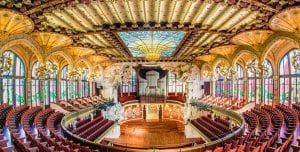
Having dominated most of Catalunya’s democratic era in the Noughties, the now-defunct Convergencia Democratica de Catalunya (CDC) was found guilty of taking millions of euros in bribes in exchange for public work contracts. Building firm Ferrovial paid officials €6.6 million in bribes from 1999 to 2009 through the Palau de la Musica concert hall. Former CDC treasurer Daniel Osacar was jailed for four years and fined €3.7 million, former Palau director Felix Millet got 10 years and a €4.1 million fine and his deputy Jordi Montull received seven years a €2.9 million fine. In the run-up to the Catalan referendum,the CDC changed its name twice and now exist as the Catalan European Democratic Party (PDeCAT) – the same one that holds a slim majority in the Catalan parliament.
Punica
Underway since 2014, the Punica trial in Madrid is looking into 12 city halls, all of which were run by the PP at the time, and their involvement in a bid-rigging scheme that awarded up to €300 million in public contracts. Last year 12 people were arrested under Operation Lezo which investigated corruption at the Madrid regional water utility Canal de Isabel II. This led to the resignation of former head of Madrid government, Esperanza Aguirre, and the arrest of her right-hand man, Ignacio González. Former advisor Javier Lopez has been spotted arriving at the Audiencia Nacional Court.

